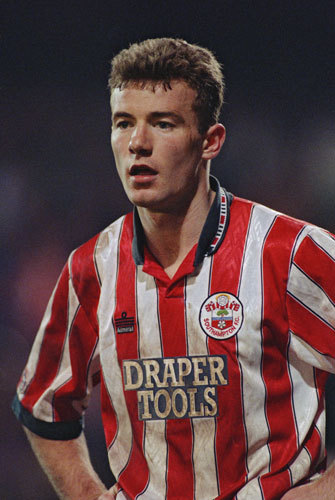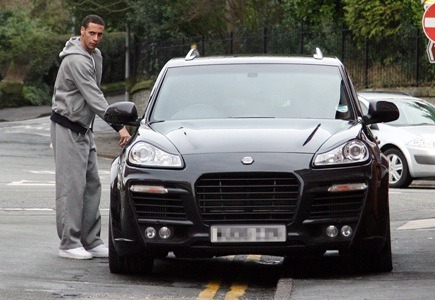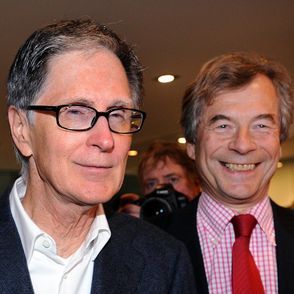Like many football fans, who aren’t always fortunate enough to see their team play from the lofty heights of the Kop or Gwladys Street, the atmosphere at my local pub – complete with soggy coasters and the stench of spilled beer – always used to seem like an authentic enough trade off.
Now though, my match day experience is too often hampered by husky, weather-beaten punters rattling on about the good old days, when real men made real tackles and Alan Shearer was a reason to watch MOTD, instead of turn it off.

Aside from the fact that I often wonder how loath these people would be of the path football has followed if it had led their club to a more successful fate, it also strikes me as a fairly redundant argument that football has in some respect been lessened by change. After all, sport is just one aspect of our society and we can halt its evolution no more than we can our own.
In this respect, perhaps it makes sense that modern football would seem less real to a person who has lived through a time when you could walk to a match beside your heroes. However, for young people today, who have grown up in a country where politicians and bankers have spirited away huge amounts of imagined money, the inflated wage brackets of professional football players and their £50 million transfer fees are about as real as it gets.

It could well be that older fans’ horror at so many of our top clubs being auctioned off to foreign suitors and the supreme difference in wealth that is unfolding throughout the game is just as much a rejection of the times as it is of The Premier League itself. Since football is arguably the UK’s only sport which has widespread appeal across all socio-economic and gender barriers, it is not entirely out of the question that it has become a focal point for people to sound off about the state of the country without directly entering into a political debate.
What’s more, fan movements such as The Spirit Of Shankly and FC United have shown that if you stand on the terraces and lend your voice to the chorus, it can grow loud enough to be heard by the powers that be. Following the intense opposition that The Spirit Of Shankly showed towards former Liverpool owners, Tom Hicks and George Gillett, ultimately contributing to their sale of the club, it is interesting to see how quick the new owners have been to set up an all new supporter’s committee through which fans can engage in the discourse surrounding their plans for the future.
Whether John Henry and Tom Werner do genuinely listen to fans in the long term is yet to be seen, but at least for now, it has left them feeling empowered and more willing to trust – a sentiment that many do not likely apply to the world outside of the beautiful game.

If the public’s reaction to football really can provide an extrapolation of their opinions about society, then perhaps I should pay more heed to the next, wizened old man who sits down beside me to opine about the glory days. After all, I am also a product of my times – hopefully not consistent with a middle class that has been programmed to actively ignore the real issues plaguing our nation’s favourite sport – and indeed its people.
